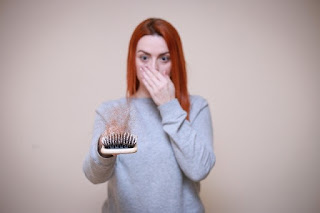Ginger Contributes to the Well-Being of the Good Bacteria in the Gut and Works Against Disease-Causing Bacteria
Research suggests that medicinal ginger contributes to the proliferation of the bacteria Bifidus and Lactobacillus. According to the researchers, medicinal ginger extracts are responsible for the delicate balance between the good bacteria and the bad bacteria in the gut.
Bifidus bacteria reduce the risk of diarrhea, obesity, inflammatory skin diseases (acne), and asthma attacks.
Lactobacillus bacteria reduce the risk of gastrointestinal infections due to viruses and bacteria, atopic diseases (allergies), and respiratory infections.
The study also found that medicinal ginger extract also works against disease-causing bacteria.
Nausea and Vomiting
One of the known virtues of ginger root is in preventing nausea and vomiting.
For years it has been found to be effective against nausea of various types, from seasickness, pregnancy nausea, and even nausea as a result of chemotherapy treatments.
A 2012 study found that ginger consumption significantly reduced nausea in chemotherapy patients.
If you suffer from nausea or vomiting, tea with ginger can help.
Ginger Can Stop Hair Loss
may help prevent hair loss and it can be seen that this plant is also combined in hair
masks and all kinds of cosmetic preparations because it has the ability to stop the hair loss phenomenon.
Moreover, it is recommended to use it after giving birth, as many women suffer from increased hair loss.
Click for more How Ginger Can Improve Our Health
Join my herbal course


Comments
Post a Comment